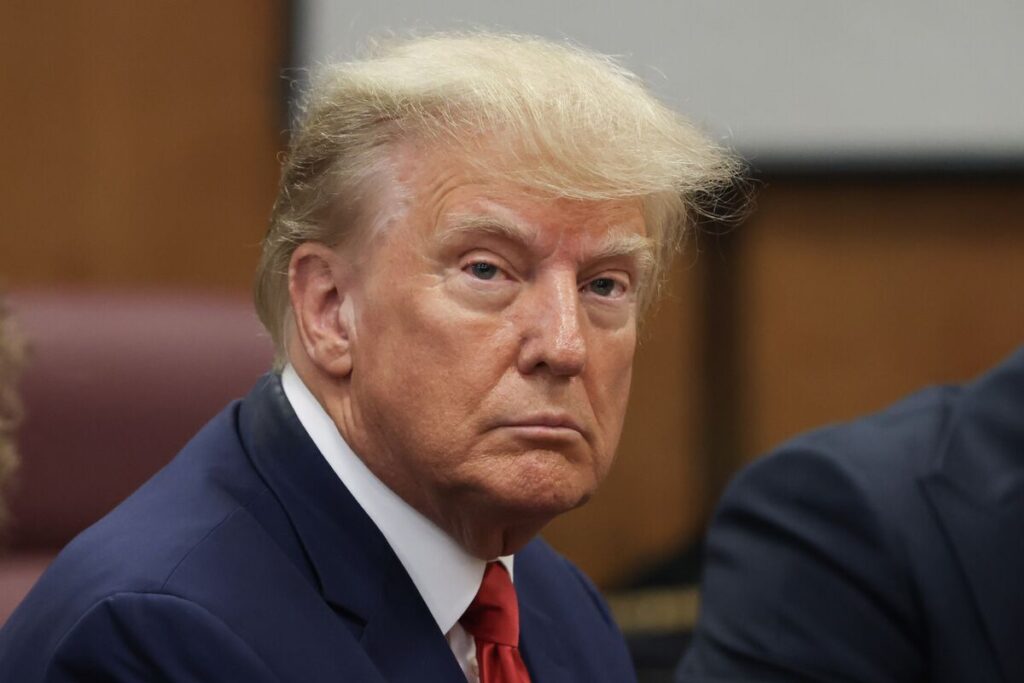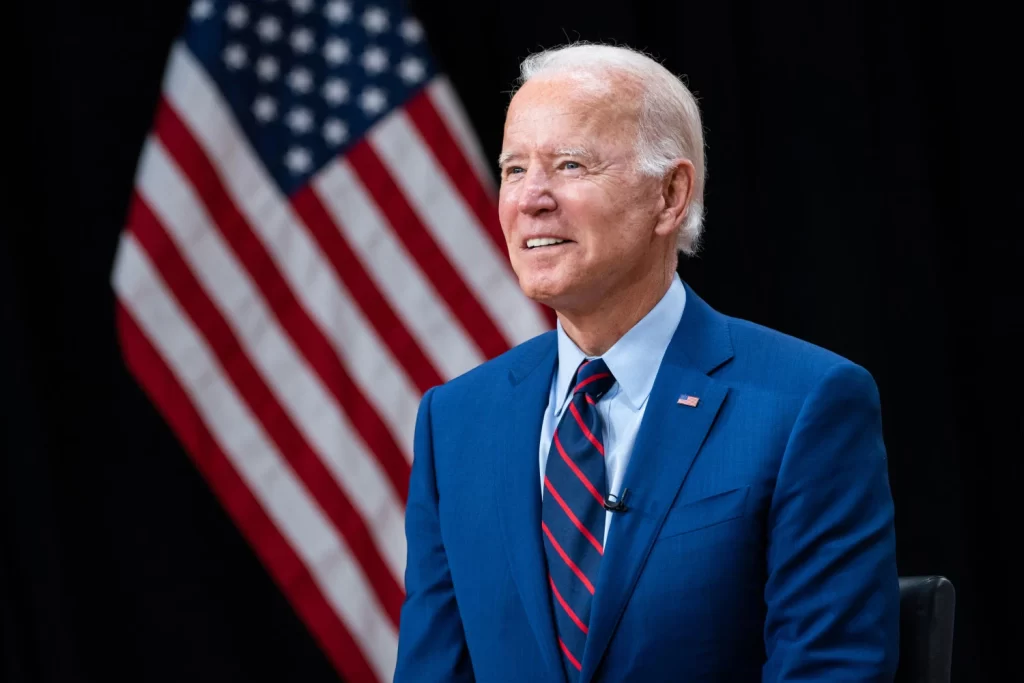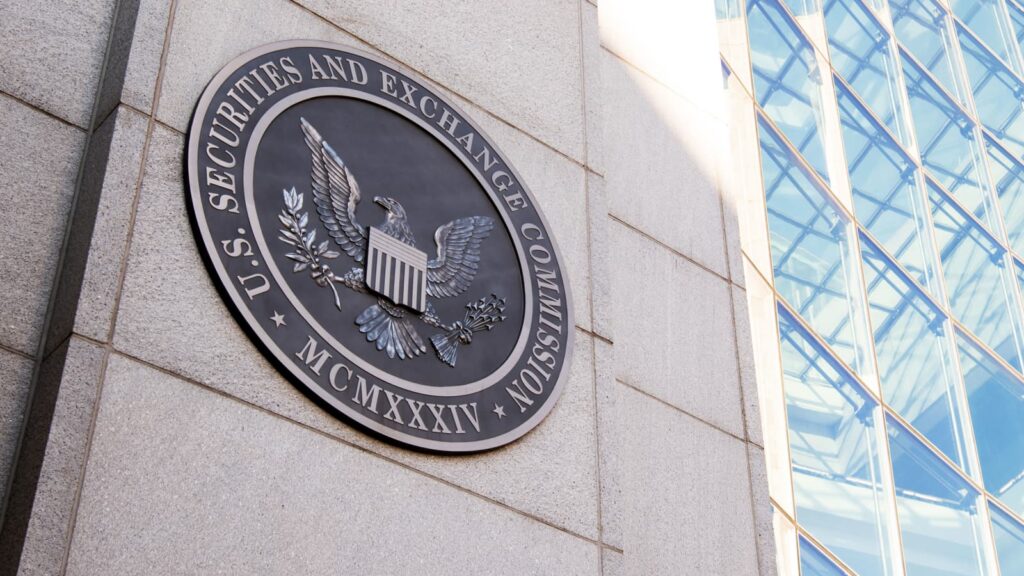George Town, Grand Cayman, June 11th, 2024, Chainwire
Binance Labs, the venture capital and incubation arm of Binance, has invested in Zircuit, a zero-knowledge rollup with AI-enabled sequencer-level security.
Zircuit is a new Layer 2 (L2) network that introduces a novel approach to on-chain security. The network safeguards users with sequencer-level security and built-in, automated AI mechanisms that guard against smart contract exploits and malicious actors. The network’s hybrid architecture, which combines battle-tested rollup infrastructure with zero-knowledge proofs, results in a fast, low-cost, and fully EVM-compatible ZK rollup to provide unparalleled security for users without sacrificing speed or compatibility. More specifically, Zircuit’s performance comes from decomposing circuits into specialized parts and aggregating proofs, which achieves greater efficiency and lower operating costs.
Yi He, Co-Founder of Binance and Head of Binance Labs said: “At Binance Labs, we support projects that are innovating in Web3 and accelerating the blockchain industry. Through its integration of sequencer level security, Zircuit is providing a more secure L2 solution and we look forward to watching it grow and develop further.”
As Zircuit prepares to debut its mainnet this summer, its ecosystem is already demonstrating impressive growth. The network presently hosts over $3.5 billion in staked assets and its “Build to Earn” program has drawn more than 1,100 applications. Ethena, Renzo, Ether.fi, KelpDAO, Elixir, Ambient, Pendle, LayerZero, and others are among its launch partners.
“Zircuit was born out of cutting-edge scaling and security research. We’re innovating on top of a deep technical foundation, and making Ethereum safer for the next billion users. We’re thrilled to have Binance Labs join us in this journey”, said Dr. Martin Derka, Co-Founder of Zircuit.
About Zircuit
Zircuit is a ZK rollup with AI-enabled sequencer-level security and parallelized circuits. Built by a team of web3 security veterans and PhDs in computer science, algorithms, and cryptography, Zircuit’s unique architecture combines the best of both worlds of performance and security. To learn more visit zircuit.com or follow us on Twitter/X @ZircuitL2
About Binance Labs
As the venture capital arm and accelerator of Binance, Binance Labs has now grown to be worth over $10 billion. Its portfolio covers 250 projects from over 25 countries across six continents and has a return on investment rate of over 14X. Fifty of Binance Labs’ portfolio companies are projects that have gone through our incubation programs. For more information, follow Binance Labs on X.
Contact
Jessica Graber
Zircuit
jessica@zircuit.com










